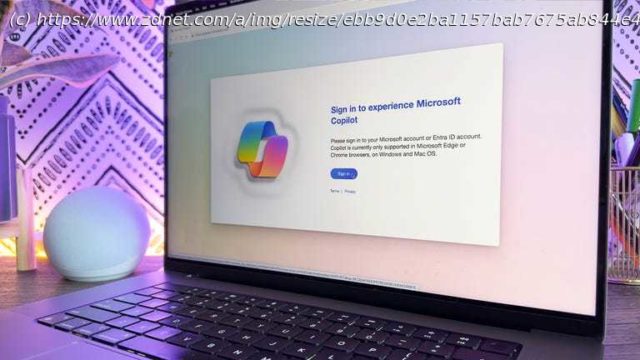Here’s everything you should know about Microsoft’s AI-powered chatbot and how to use it.
Since OpenAI launched ChatGPT in the fall of 2022, Microsoft has become one of the company’s biggest investors. Microsoft leveraged these investments to superpower its own search engine, Bing, with generative AI, infusing it with a new generative search experience. The company also developed a competitive AI chatbot — Microsoft Copilot — which is accessible as a standalone site or through Bing.
Users can leverage Microsoft Copilot to ask questions, upload images, and request AI-generated images, just like they can with ChatGPT. However, Copilot slightly differs slightly from its more popular competitor, ChatGPT. Here’s how to make the most of it.
1. Open Copilot
Visit Copilot.Microsoft.com (or download the app on your phone). Enter your prompts into the text area at the bottom of the screen and submit them to Copilot. You can also add photos to your request or use the microphone function for voice prompts.
You can ask Copilot unlimited questions per day even without signing in, but you’ll have a response limit. For longer conversations and more complex capabilities, you have to sign in with a Microsoft or Github account. A Microsoft account could be an outlook.com or hotmail.com email address and password or the login information you use for Microsoft services, such as Office, OneDrive, or Xbox.
You can create a Microsoft account using any email address, Gmail and Yahoo! included.
2. Sign in for more
Microsoft Copilot is programmed to provide a more human-like answer to a query than a search engine. If you have a personal account, signing in will give you access to three conversation-style options for how Copilot answers your requests: creative, balanced, and precise.
Each of these formats is self-descriptive: choosing «more creative» will give you answers that are original and imaginative, and it can also generate images; «more balanced» is similar in tone to ChatGPT, an informative and friendly chat with a human-like answer; and «more precise» will render concise and straightforward responses.






